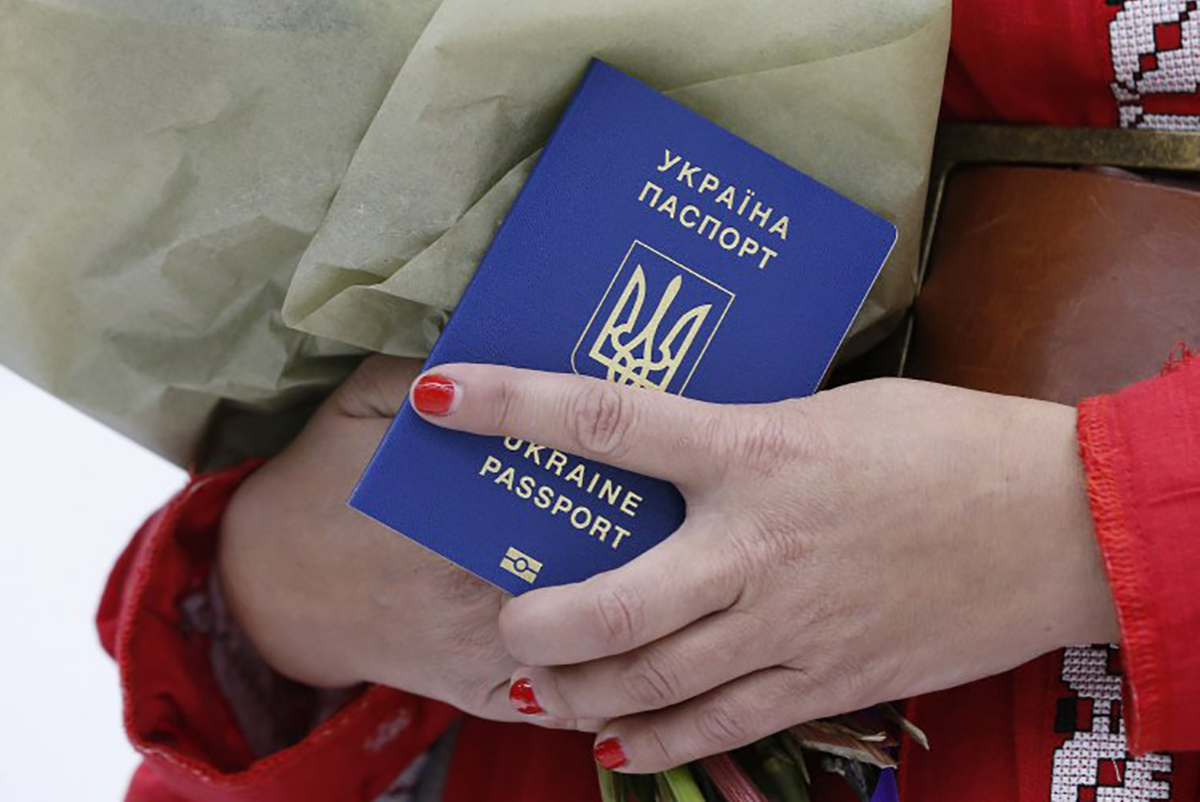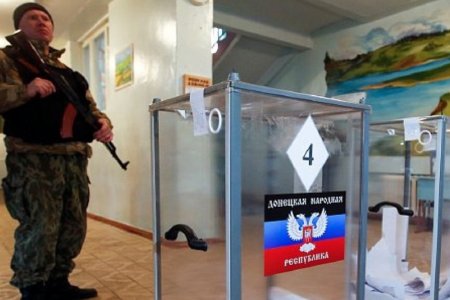
After intensifying measures to coerce people in occupied parts of Ukraine into adopting Russian citizenship, Russia is now planning measures to terrorize those still using their Ukrainian citizenship and to keep them under ‘surveillance’.
Russia’s interior ministry has prepared a draft presidential decree which, once signed by Russian leader Vladimir Putin, would envisage surveillance over so-called ‘Russian citizens’ deemed to be secretly retaining their Ukrainian citizenship. This move follows an illegal federal ‘law’ signed into force by Putin on 18 March 2023 which tries to deny Ukrainians citizenship of their own country. The new ‘law’ claims that Ukrainians can ‘terminate Ukrainian citizenship’ merely by making the relevant application for Russian citizenship, and for their Ukrainian citizenship to ‘be terminated’. According to this document, a person’s Ukrainian citizenship ceases to be valid from the moment they make such an application.
Russia can call this a ‘law’, but that does not give the document any legal validity. Although Ukraine does not, in principle, allow dual citizenship, it recognized, after Russia’s invasion and annexation of Crimea in 2014, that Ukrainians were being forced to take Russian citizenship on the occupied peninsula. If people cannot obtain employment, medical services, education for their children, or face deportation from their native land as ‘foreign nationals’, they are not penalized for taking Russian citizenship, and certainly remain citizens of Ukraine. Russia is now using similar methods of coercion in other parts of Ukraine under occupation, while cynically also demanding a further legally meaningless document ‘rejecting Ukrainian citizenship.’
It should be stressed that it is not only Ukraine which rejects such forced ‘Russian citizenship’. In December 2022, the EU passed a decision stating that “Russian travel documents issued in, or to persons resident in Russian-occupied regions in Ukraine or breakaway territories in Georgia will not be accepted as valid travel documents for obtaining a visa or crossing the borders of the Schengen area.”
Essentially any Crimean Tatar or other Ukrainian on occupied territory is already under Russian surveillance if they are known to have pro-Ukrainian views. The proposed Russian presidential decree would extend such repressive measures to cover anybody on occupied territory, including Crimea, who had received Russian passports, signing the relevant statement that they renounced their Ukrainian citizenship, and was then found to be using rights enjoyed by Ukrainian citizens (pension, other labour rights, etc). Information about these alleged ‘offenders’ would be passed to Russia’s FSB [security service] which has played an active part in repression in any occupied parts of Ukraine.
The document is available here https://regulation.gov.ru/projects#npa=137453, with the form to be used in ‘reporting’ such ‘non-observance’ posted by the independent Russian media Sota. According to this absurd, though menacing, document, the checks are “where it is learned that a citizen of the RF who is considered to not have Ukrainian citizenship, is not observing the duty to not carry out actions linked with enjoying the rights and carrying out duties envisaged for citizens of Ukraine.” The ‘checks’ will be carried out by the RF police or their territorial bodies, with this resulting in a ‘conclusion’ regarding the non-observance by the individual of this alleged duty.
The ‘check’ should be carried out by the Russian police body which took the document in which the Ukrainian said that they renounced their Ukrainian citizenship, and should not take more than three months. If this is found to be warranted, a so-called “conclusion regarding the non-observance by a citizen of the RF who is considered to not have Ukrainian citizen of the duty to not carry out actions linked with the rights and duties envisaged for citizens of Ukraine”.
This ‘conclusion’ will be sent to the person themselves and to the FSB. Nothing is said about any penalties however the threat is clear.
See also:
How Russia manufactures 'queues for Russian passports' in occupied parts of Ukraine



